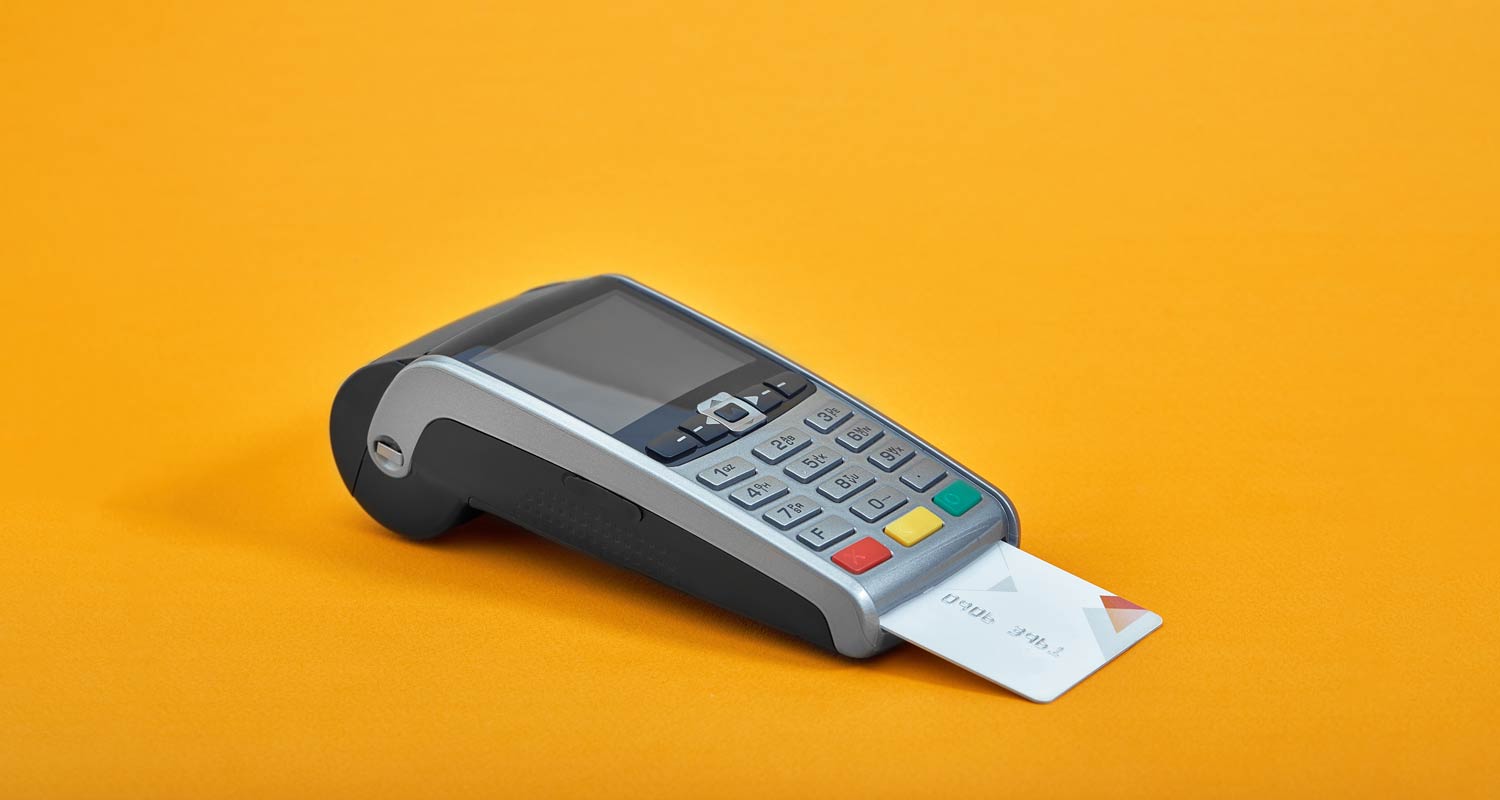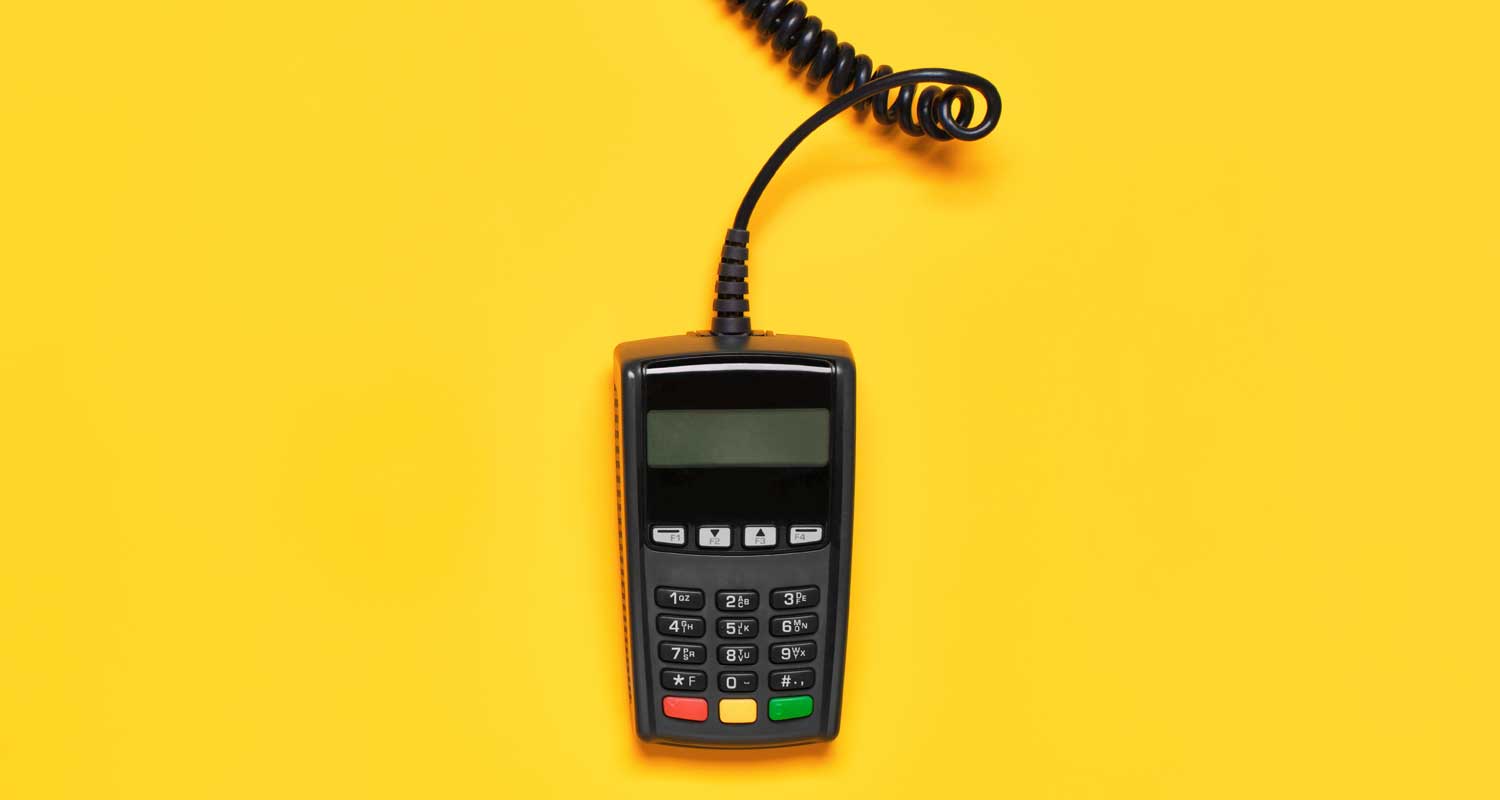 Merchants all across South Africa are going to have to replace point-of-sale (POS) terminals that do not support 4G or 5G telecommunications technology before the country’s mobile operators shut down their 2G and 3G networks for good.
Merchants all across South Africa are going to have to replace point-of-sale (POS) terminals that do not support 4G or 5G telecommunications technology before the country’s mobile operators shut down their 2G and 3G networks for good.
Earlier this month, TechCentral reported that the communications ministry has set a “preliminary” deadline of 31 December 2027 for all 2G and 3G networks be switched off – potentially giving those still reliant on these older technologies just 42 months to deal with the issue.
If merchants want to maintain connectivity to bank-managed services, they will have to upgrade their payment terminals to 4G- or 5G-capable versions before this deadline.
“We are proactively taking steps to upgrade our devices to ensure compatibility with the latest 4G and 5G technologies,” said Norman Nyawo, head of merchant solutions at Standard Bank South Africa.
“The transition to next-generation technology will not only offer improved connectivity but also unlock new possibilities for our clients. The upgraded devices will provide enhanced GSM connectivity, be Wi-Fi enabled and have the ability to run multiple applications seamlessly on a single platform, without experiencing any latency or connectivity issues.”
In the world of transaction processing, faster data transfer speeds translate into shorter wait times for customers and higher throughput at till points.
Along with the evolution in connectivity, 4G and 5G POS terminals have incorporated advancements in touchscreen technology to make them easier to use. Merchants can now use the larger colour displays to view enhanced reporting features and do inventory management on the fly. The security features in newer-generation POS terminals also reduce the risk of fraud or the leaking of sensitive customer data.
Cost
Despite these benefits, the transition to newer-generation technologies is not without its drawbacks, the most significant being cost. Those merchants that have purchased their terminals outright will feel the financial pinch more acutely, since they paid the bulk of the cost upfront.
However, owning – or even renting – a POS terminal that is neither 4G or 5G capable does not necessarily mean that merchants have to upgrade when the 2G and 3G networks are switched off. Many of the latest devices on the market are capable of connecting to the internet via Wi-Fi, and financial services providers have augmented their transaction processing systems to cater for alternative forms of connectivity.
Read: Africa has a feature phone problem
“A small part of our FNB Merchant Services Speedpoint estate would be impacted by the decommissioning of the 2G/3G technology,” said Jacqui O’Sullivan, executive for corporate affairs at FNB.
“For enhanced connectivity, we have also provided our customer base with the capability to connect their Speedpoint devices to their own networks via our free ‘bring your own internet’ solution. This is a gamechanger during load shedding as it enables our customers to transact at all times.”
 Unfortunately, not all merchants have the ability to connect to the internet in ways other than via the mobile networks. Some merchants run mobile businesses where access to fixed internet solutions is never guaranteed.
Unfortunately, not all merchants have the ability to connect to the internet in ways other than via the mobile networks. Some merchants run mobile businesses where access to fixed internet solutions is never guaranteed.
Furthermore, in cities, where fibre penetration rates are high, Wi-Fi is often the preferred connectivity option. In more rural and remote areas, however, there is still a strong reliance on mobile connectivity, especially 2G and 3G, which are cheaper to deploy for mobile operators since these frequencies travel farther than the frequencies typically used for 4G and 5G services. – © 2024 NewsCentral Media




